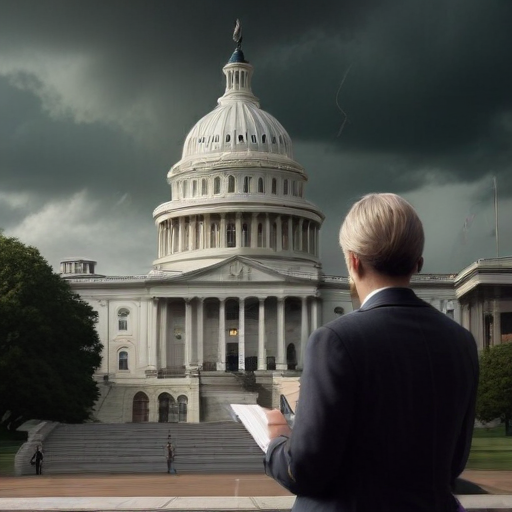As 2023 draws to a close, the University of Pennsylvania (Penn) braces itself for an anticipated wave of political scrutiny as former President Donald Trump prepares for his second term in office. Since the beginning of the year, faculty members at Penn have contributed nearly $500,000 to various federally registered political committees, reflecting the university’s active engagement with the political landscape.
Trump’s return to office, coupled with increasing political power among his opponents, may herald a particularly challenging environment for the university. Since December, intensifying congressional investigations and federal scrutiny have brought Penn into sharper focus. Trump and his supporters, having previously criticized the university, appear to be formulating a strategy aimed at challenging higher education institutions across the nation.
A notable investigation was conducted by the Republican-led House Committee on Education and the Workforce, which explored Penn’s handling of alleged antisemitic incidents. This inquiry culminated in a comprehensive 325-page report released at the end of October, detailing the university’s response, the resignation of former President Liz Magill, and the dynamics surrounding pro-Palestinian protests on campus.
Additionally, the U.S. Department of Education’s Office for Civil Rights has also launched an investigation into Penn’s legacy admissions practices. Furthermore, the Heritage Foundation’s Project 2025 has outlined significant reforms for higher education, which could affect federal funding and student loan forgiveness initiatives.
While the exact implications of Trump’s agenda for higher education remain uncertain, members of the University community, including Faculty Senate Chair Eric Feldman, anticipate that existing challenges to higher education will likely intensify. Feldman noted that the Faculty Senate is preparing to address these issues through a series of panels focused on the future of higher education.
Jeffrey Cooper, the Vice President of Government Affairs at Penn, voiced concerns about the evolving political landscape, including potential threats to educational funding, tax policy alterations, and modifications to immigration laws under Trump’s administration. At a Board of Trustees meeting, he elaborated on how skepticism towards higher education from the incoming administration could translate into challenges for institutions like Penn.
At a rally in December, Trump explicitly threatened to remove tax advantages, endowments, and grants from universities that he perceives as hostile to free speech, including Penn. In light of the political climate, Penn has urged international students to return to the U.S. before the inauguration to avoid any unexpected issues with re-entry policies.
The situation poses significant challenges for Penn, yet it also presents an opportunity for university leadership to engage in thoughtful discussions about the future of education and advocate for the values of academic freedom and inclusion. Seeking ways to strengthen its community and reinforce its commitment to education amid political scrutiny may help Penn emerge resilient in these testing times.
Overall, as the dynamics of political power shift, institutions like Penn can utilize this period for proactive dialogue and initiatives aimed at fostering understanding and collaboration in higher education.
